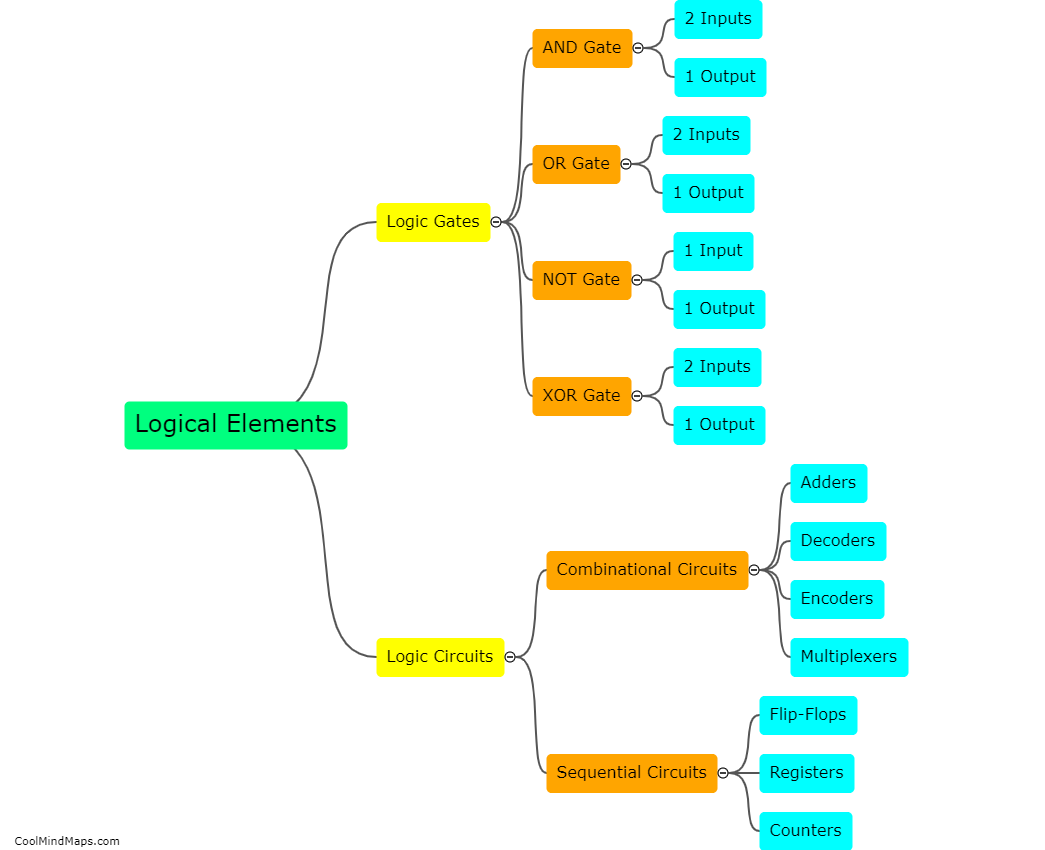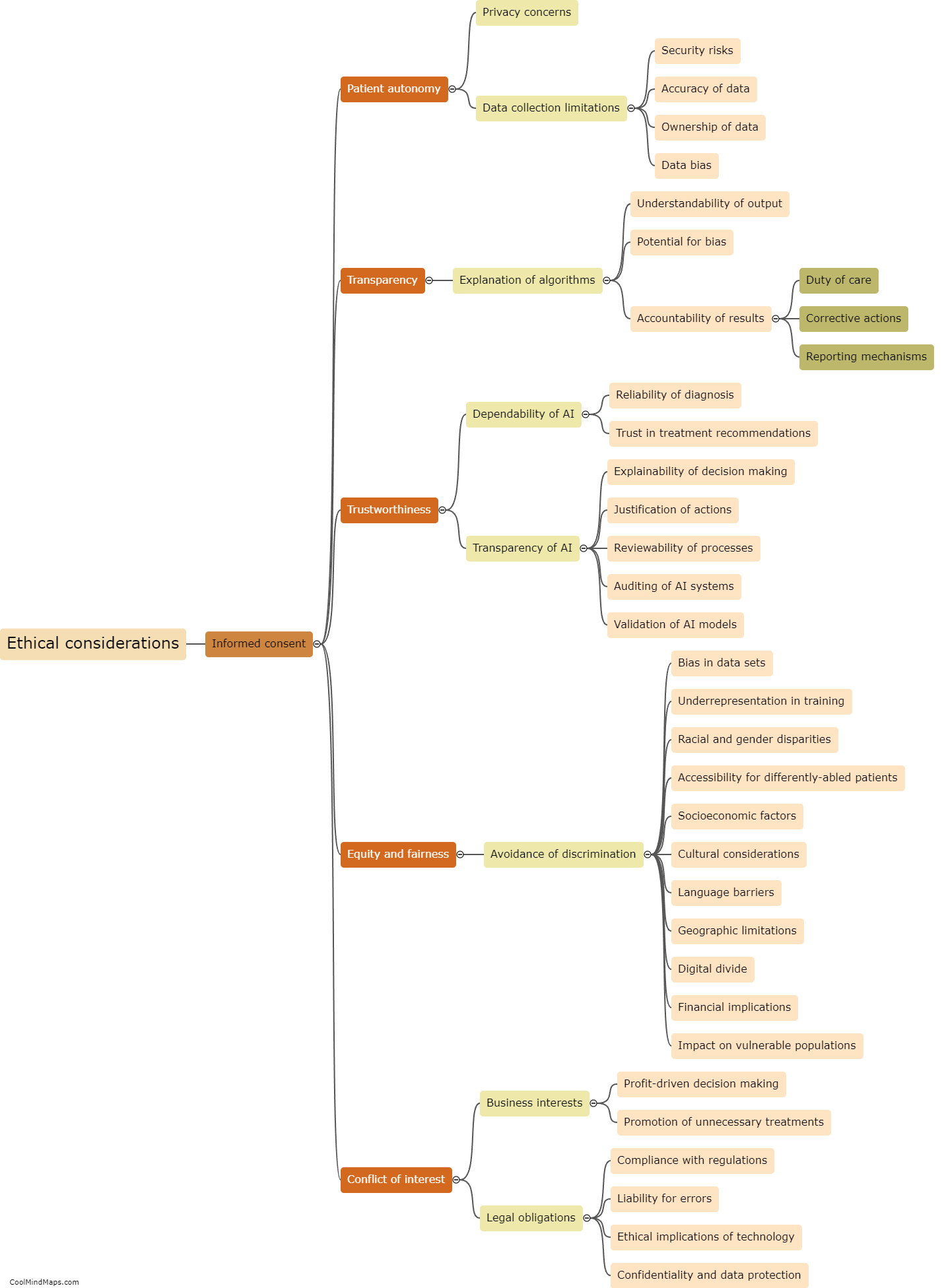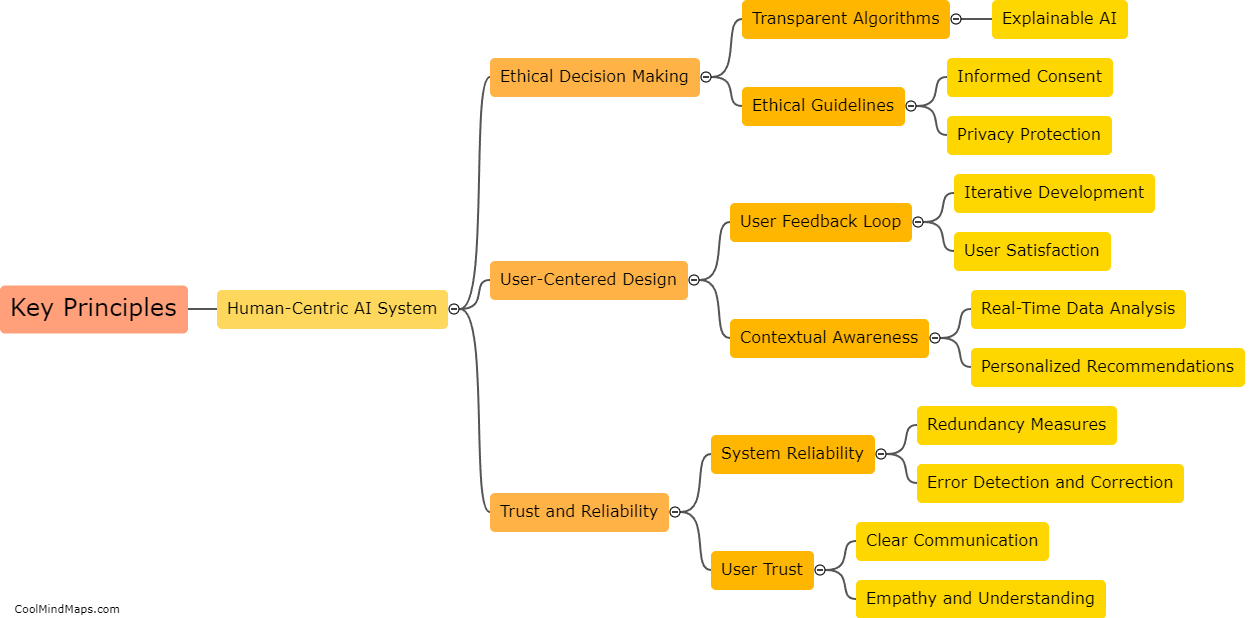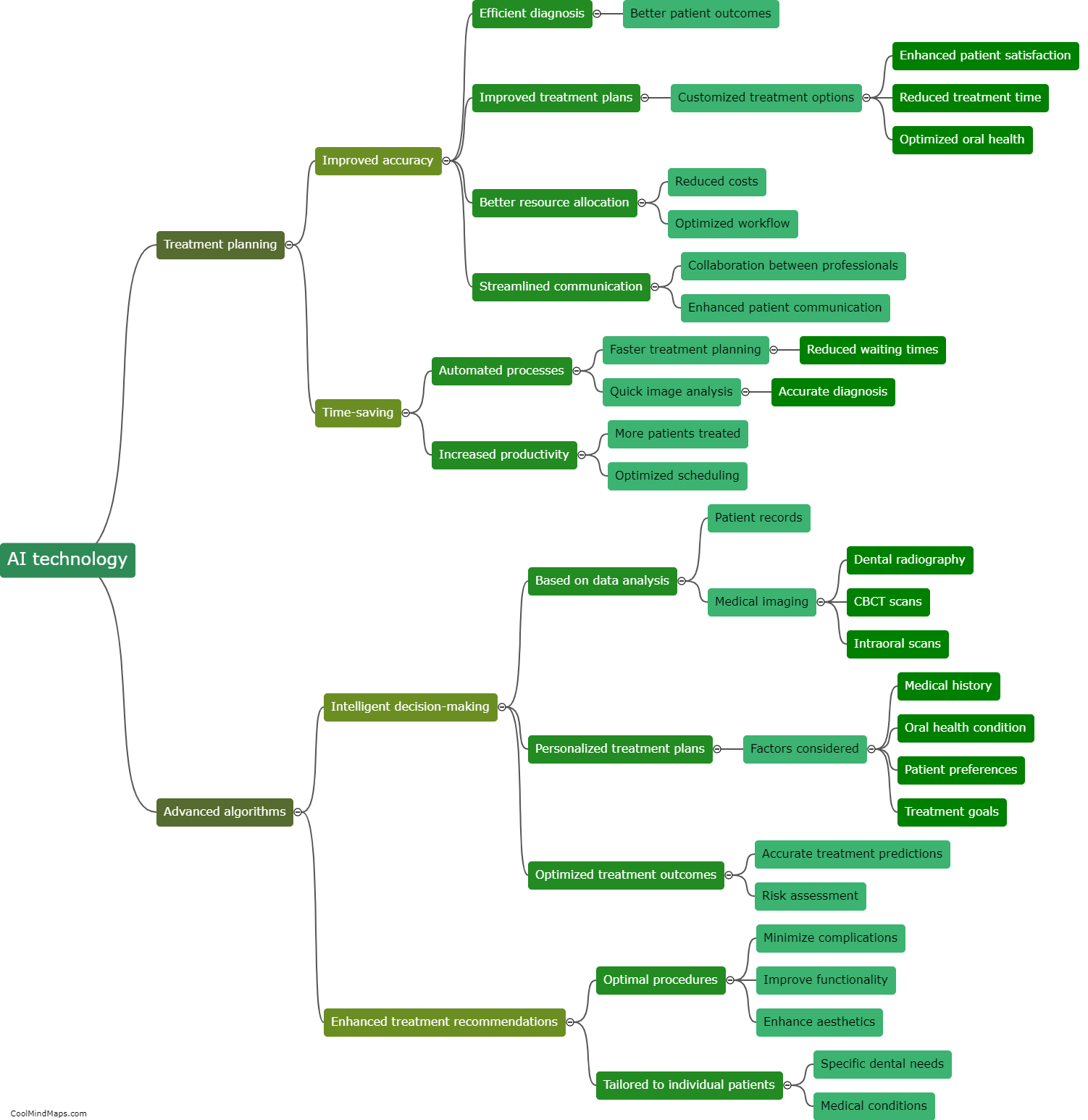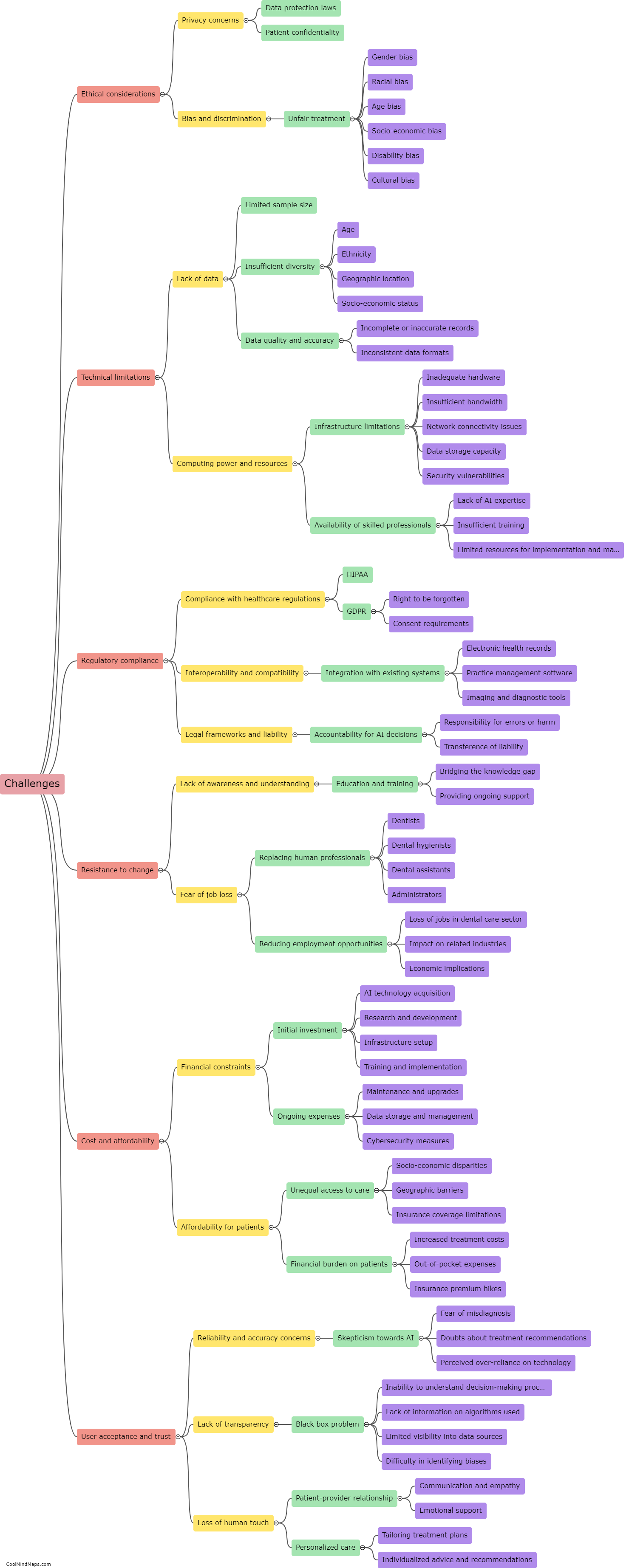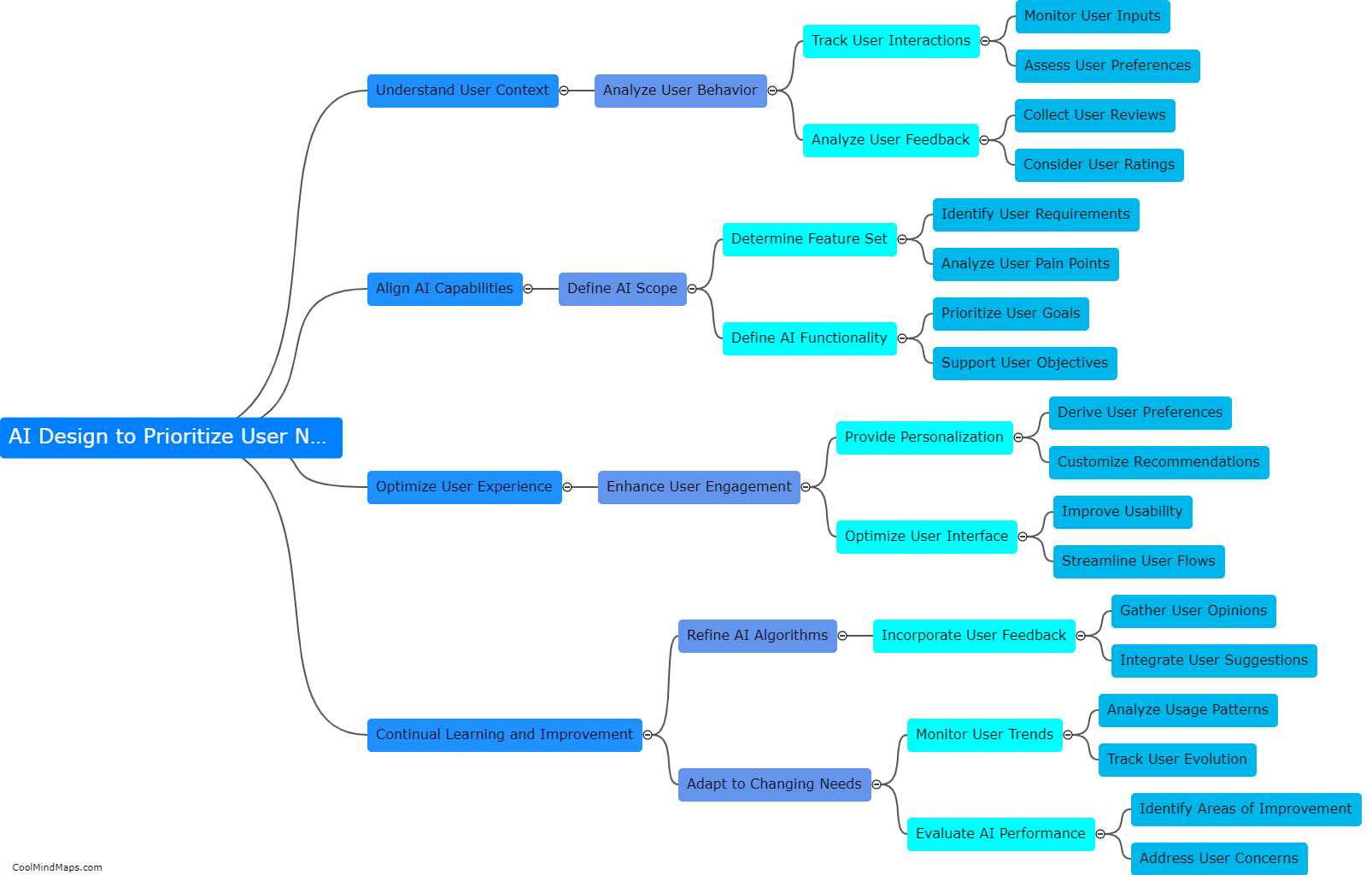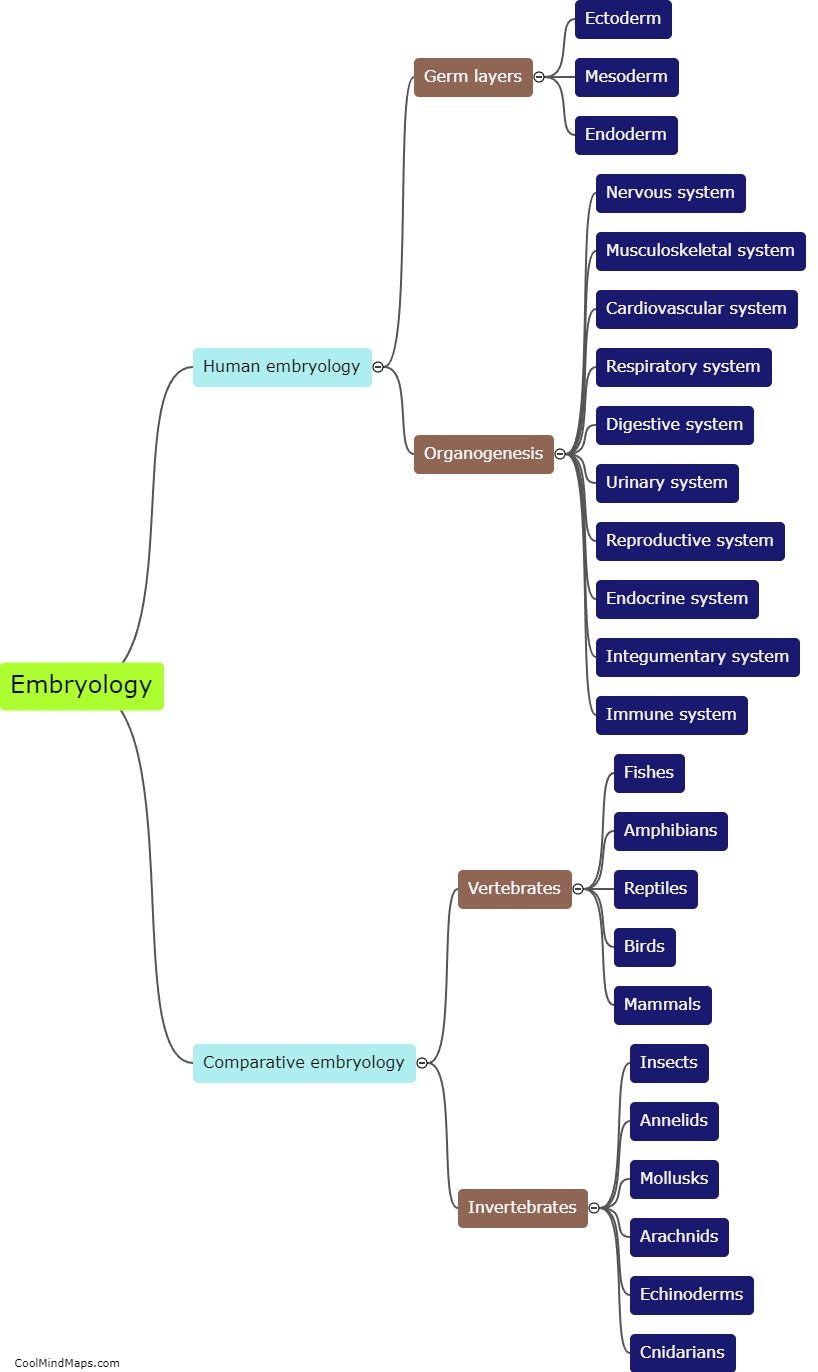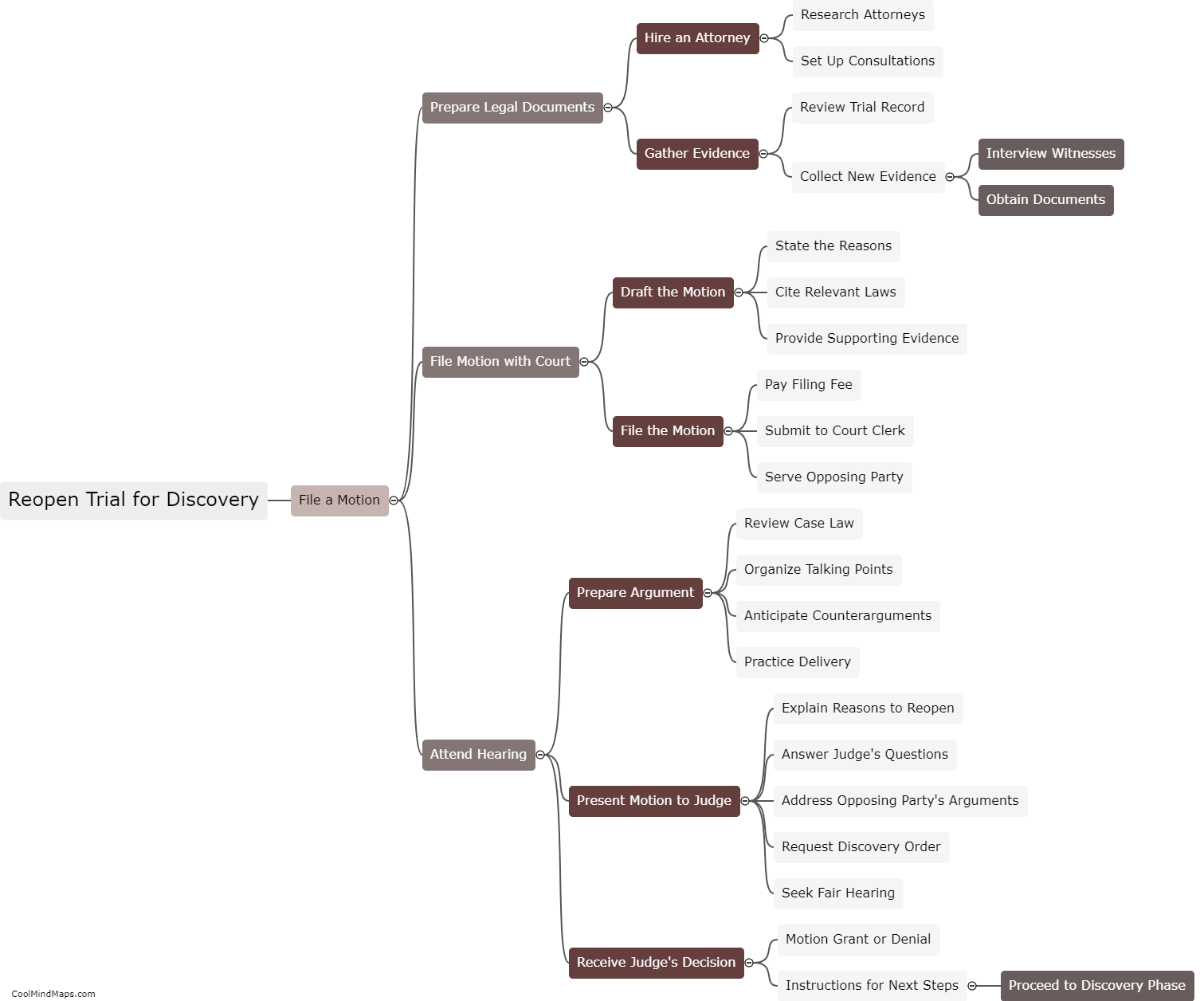What are the key principles of human-centred AI design?
The key principles of human-centered AI design revolve around ensuring that artificial intelligence systems are developed with a focus on the needs, values, and experiences of humans. Firstly, explainability is crucial. AI systems should be transparent and provide explanations for their decisions or actions, enabling users to understand and trust the technology. Secondly, fairness and unbiased outcomes are essential. Designers need to ensure that AI algorithms do not perpetuate existing biases or discrimination, and that they promote equal opportunities for all individuals. Additionally, AI systems should be designed to enhance human capabilities, rather than replacing them. Collaboration between humans and AI is crucial to achieve the best outcomes. Moreover, privacy and security should be prioritized. AI systems must handle personal data responsibly and make efforts to protect user privacy. Lastly, AI should be designed for user control and empowerment, allowing individuals to decide how they want to interact with the technology and to have a sense of autonomy over their AI-driven experiences.
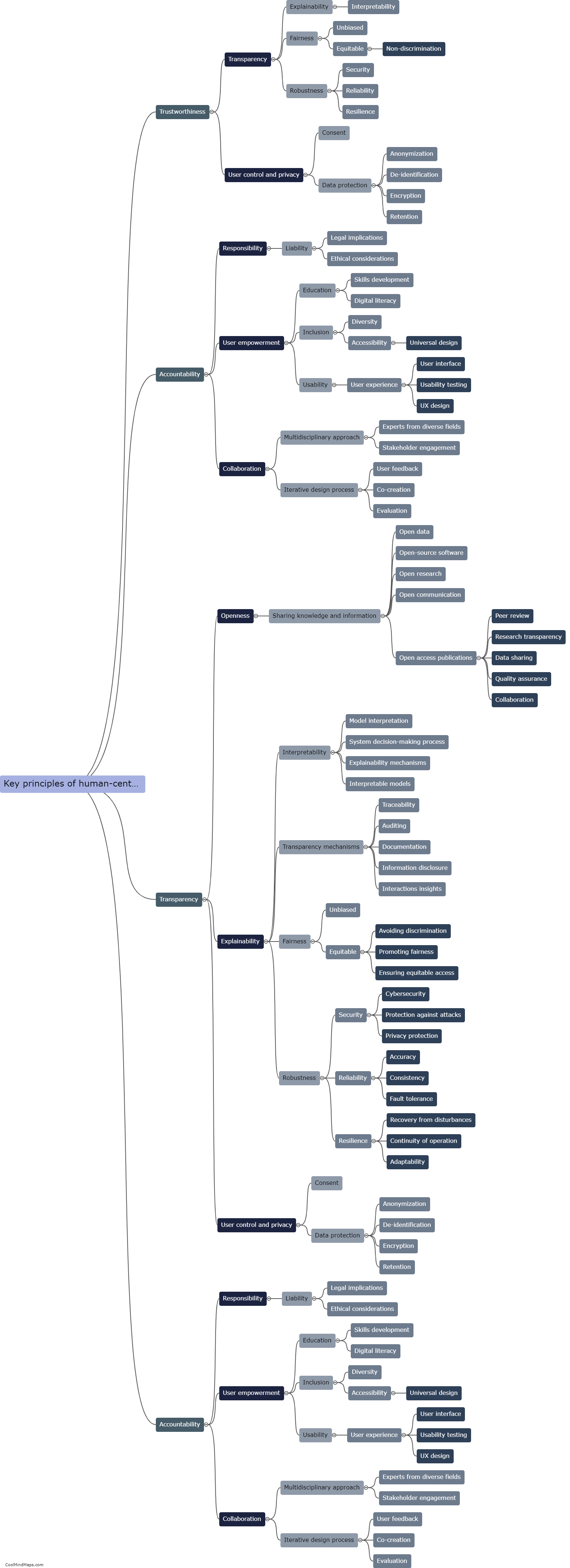
This mind map was published on 22 December 2023 and has been viewed 123 times.

